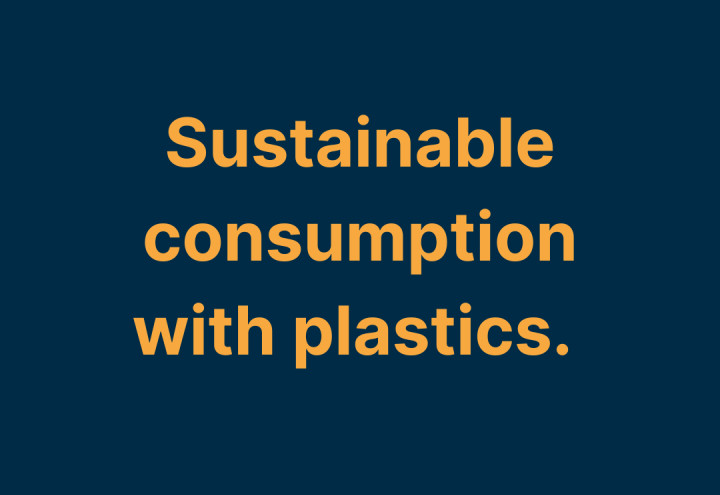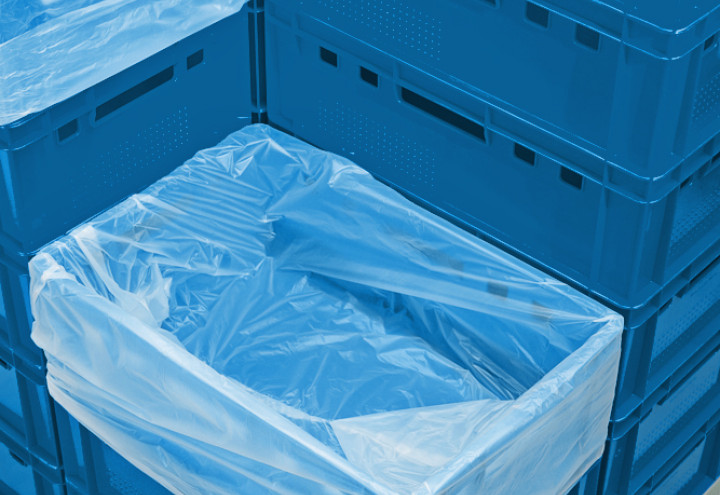"Organic waste belongs in bioplastic bags!"
But is organic plastic really an alternative?
Organic plastic is a term on everyone’s lips: “It’s better to choose organic plastic over the original petroleum-based plastic. It breaks down better during composting.” But are we really doing anything for our planet by using it? Not really.
Organic plastic only breaks down slowly, although not completely, and it cannot be recycled. It takes almost as long to decompose as normal plastic bags, and may even end up in the residual waste after sorting at composting plants in any case. This means even more valuable energy is then expended during incineration. With really bad luck, the waste disposal service won’t not even take the organic waste container if it is full of organic waste bags.
Tests performed at the University of Plymouth have also shown: biodegradable plastic bags did not decompose after three years in the ocean, nor were they even slightly faded after three years in the ground, while decomposition under high atmospheric UV radiation and temperature exposure required at least nine months.
But that’s not all. So-called ‘organic’ plastic is often made from renewable raw materials such as corn starch. Alternatively, it could be made from polymers classed as bio-based plastic, but this does not necessarily mean it is biodegradable. Renewable raw material sounds good at first, but even plant-based raw materials require ground that should actually be reserved for food, wild animals and the preservation of natural living environments. What’s more, these plant-based raw materials must be fertilised, and pesticides are often used in this regard. All of this disrupts the natural cycle.
So the biodegradable plastic bag isn’t a solution either.
The best approach is to avoid waste and to recycle. A multi-use plastic bag does more for the environment than one that is supposedly biodegradable. And that is why we are committed to ensuring that, as far as possible, our films are made from recycled materials, which means plastic that has been fed back into the cycle. You can learn more here ( gordopack.de/en/application).
* Sources: Specialist article from the Environmental Science & Technology magazine, Study from the University of Plymouth, 2019; Statement from the AK Abfall waste working group ‘Biodegradable Plastics’, Bund Freunde der Erde, 2011.




